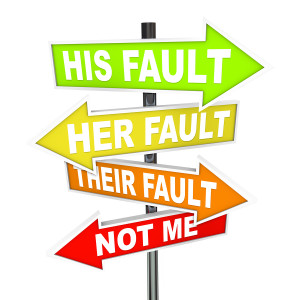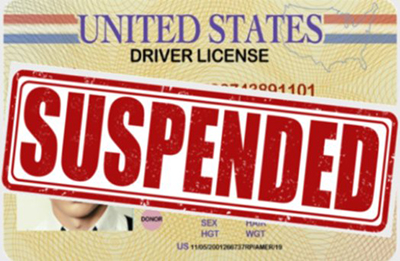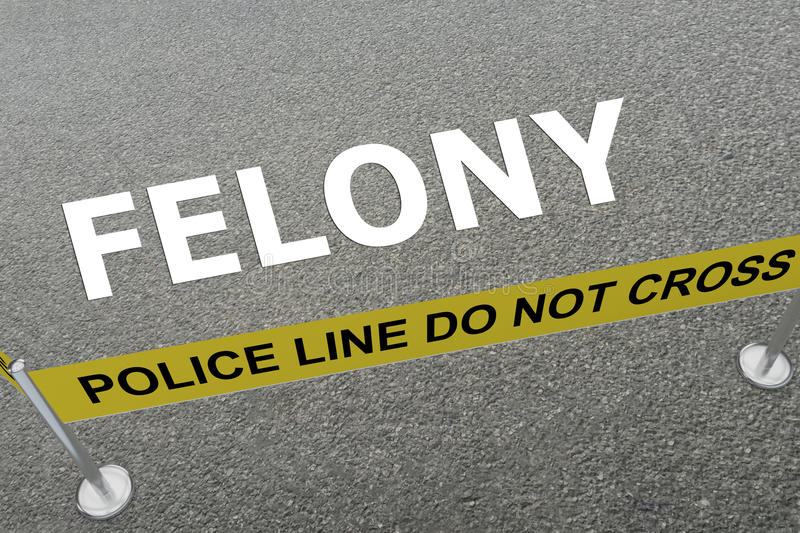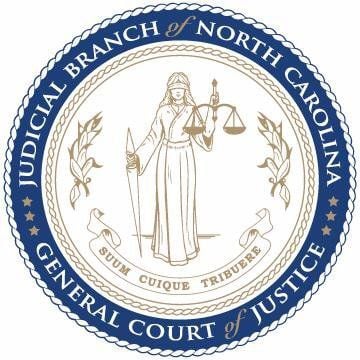Contributory Negligence
Friday, April 28th, 2023
In serious personal injury cases under North Carolina law, how is compensation calculated and how does contributory negligence effect the amount of damages? How does last clear chance affect the recovery available?
In serious personal injury cases in North Carolina, compensation is generally calculated based on the damages suffered by the injured party. Damages can include medical expenses, lost wages, pain and suffering, and other losses resulting from the injury.
In North Carolina, the doctrine of contributory negligence can have a significant impact on the amount of damages that an injured party may be able to recover. Under this doctrine, if the injured party is found to have contributed in any way to the accident that caused their injuries, they may be barred from recovering any damages at all, even if the other party was primarily at fault.
This means that if a defendant can show that the injured party was even slightly negligent and that their negligence contributed to the accident, the injured party may not be able to recover any damages. This is a harsh rule that is not followed by most other states in the U.S., which generally use a comparative negligence system that allows an injured party to recover damages even if they were partially at fault for the accident. If the injured party is found to have contributed in any way to the accident that caused their injuries, they may be barred from recovering any damages at all, even if the other party was primarily at fault.
However, there is an exception to the doctrine of contributory negligence known as the “last clear chance” doctrine. Under this doctrine, if the defendant had the last clear chance to avoid the accident, but failed to do so, then the injured party may still be able to recover damages, even if they were partially at fault for the accident.
For example, if a pedestrian is jaywalking and is hit by a car, but the driver of the car had the last clear chance to avoid hitting the pedestrian, then the pedestrian may still be able to recover damages, even though they were jaywalking and therefore partially at fault for the accident.
The last clear chance doctrine is a narrow exception to the contributory negligence rule and requires a showing that the defendant had an opportunity to avoid the accident but failed to do so. It is often difficult to prove and requires a careful analysis of the facts and circumstances of the case.
It’s important to note that contributory negligence is a defense that the defendant must prove in court, and that the injured party can also try to prove that the defendant was negligent and that their negligence was the primary cause of the accident. In cases where both parties are found to have been negligent, the amount of damages that the injured party can recover may be reduced based on their degree of fault.
Overall, contributory negligence can have a significant impact on the outcome of serious personal injury cases in North Carolina, and it’s important for injured parties to consult with an experienced personal injury attorney to understand their rights and options under the law.
We hope it will not become necessary, but if you or a loved one find yourself in need of an attorney for a serious personal injury, or you get into trouble with a criminal matter, or receive a traffic ticket in New Hanover, Pender, or Brunswick County, please give our office a call at 910-793-9000 for a confidential consultation.
By Bryanna Gordon, Legal Assistant






